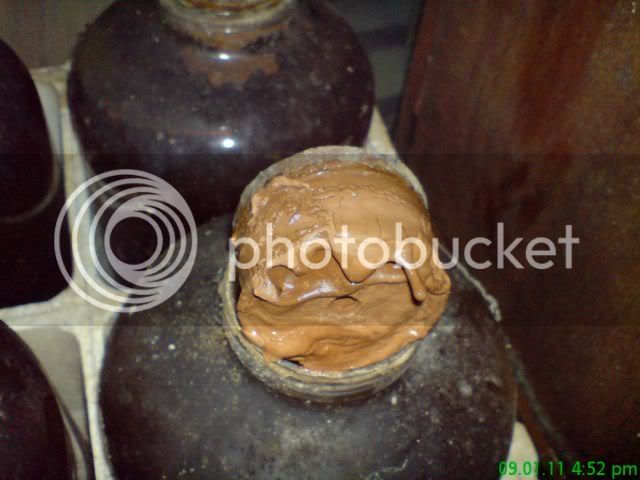I would make it strong, and wait a long time before bottling it. Once it's clear enough that it could go into bottles, let it bulk age for longer. I would go at least a year or two before even thinking about bottling it. You could also cold crash it, then transfer it to a corny keg, purge the air from it and then release all the CO2 pressure from it. That way the void is just filled with enough CO2 to keep it safe. Maybe rack/transfer it once every 6-12 months into a fresh keg for a few more years, before bottling it. Pick some really nice bottles, high grade corks (or synthetic ones) and bottle it up. I would make sure to have a temperature stable area to keep it once in bottles too. A wine cellar would be ideal. Or, you could keep it in the keg, in the keezer, for X years before you bottle it up.
I actually bottled one batch of mead from a corny keg, that I had placed into the brew fridge for a couple of weeks. It was super easy to get it into bottles, since I just fitted my bottling wand, and hose to a liquid QD. I used a few PSI of CO2 to push the mead out of the keg, into bottles. Made it so that I had the keg on the ground next to me, where I was bottling. I plan on using that method to bottle all of my meads when they're ready in the future.
I also use frosted bottles for my mead, since I like how they look. I would pick some really nice bottles for this batch, since it's going to be around for some time. Also, since you have plenty of time, you can make sure it's finished, and won't make bottle bombs before going to bottle. If you can get some more blackberry honey, I would. Get enough for a 5 gallon batch (make 5.5-6 gallons, so you can bottle about 5). Use some yeast that will do the honey justice too. You could easily go to 18% (maybe higher) with EC-1118. Try step-feeding it honey (use yeast energizer and nutrient too, as well as degassing and aerating/oxygenating until the 1/3 break).
 Thoughts?
Thoughts?


